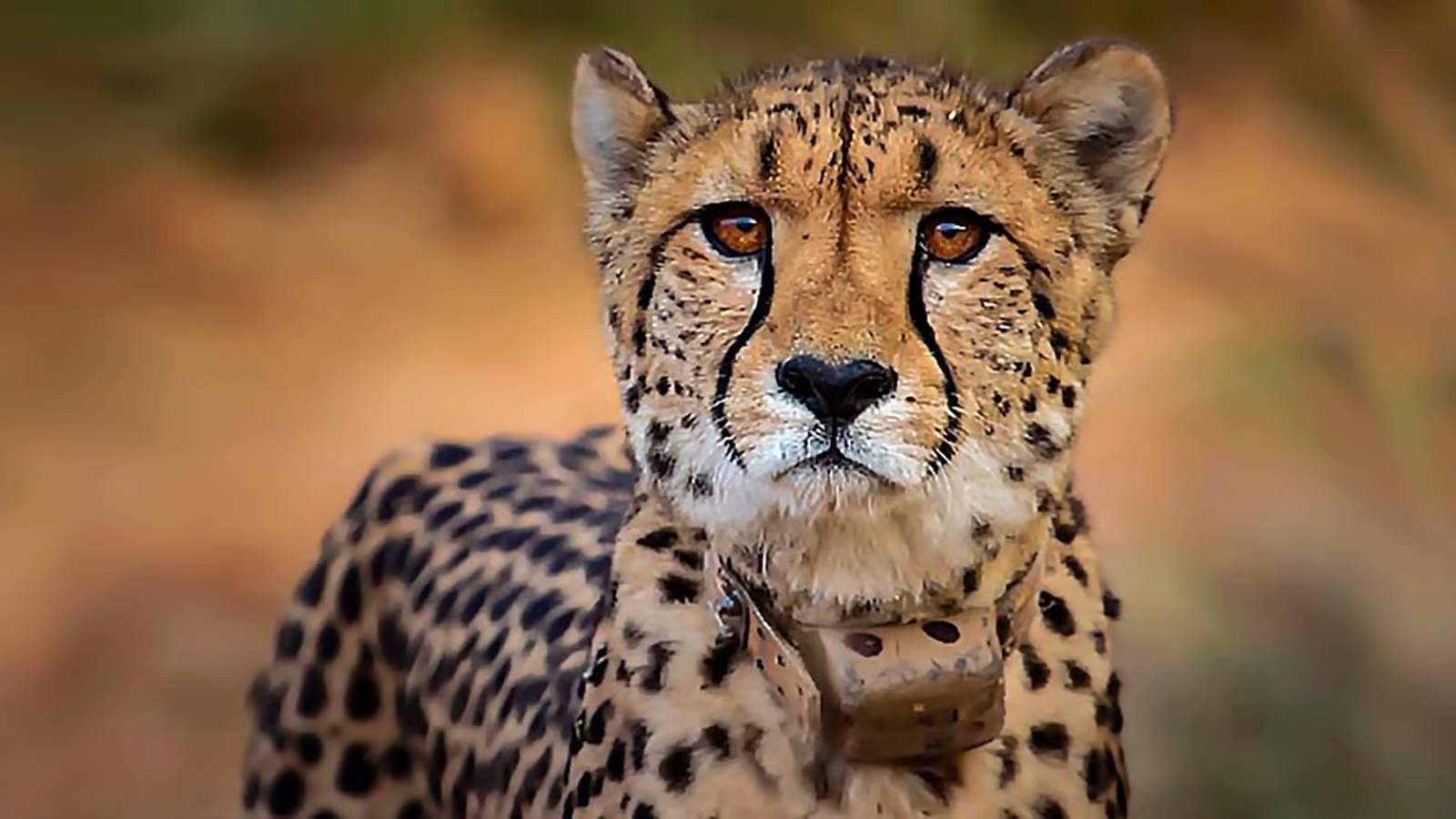As part of Project Cheetah, India aims to introduce between eight to 14 cheetahs annually over a five-year period, contingent upon their availability
India is gearing up to welcome a delegation of Kenyan officials later this month to delve into the prospect of obtaining cheetahs from the East African nation for the next phase of Project Cheetah, according to media sources in Kenya and India.
Last year, the Gandhi Sagar wildlife sanctuary in Madhya Pradesh was designated as the second site for the reintroduction of cheetahs, marking a significant step in conservation efforts. Now, authorities are poised to engage with Kenyan counterparts to explore the feasibility of translocating cheetahs to India, discussing various aspects including the terms of such a translocation and the number of cheetahs Kenya would be willing to provide. As part of Project Cheetah, India aims to introduce between eight to 14 cheetahs annually over a five-year period, contingent upon their availability, according to a report in Indian Express.
As discussions unfold, stakeholders are hopeful that collaborative efforts between India and Kenya will pave the way for the continued conservation and reintroduction of cheetahs, ultimately bolstering biodiversity and ecological balance in the region
In December of the previous year, India conveyed its interest in acquiring cheetahs from Kenya during a visit by Kenyan President William Ruto. The upcoming visit of the Kenyan delegation may encompass an evaluation of the preparations undertaken by the Madhya Pradesh forest department at the Gandhi Sagar sanctuary.
Recent developments also include a visit by a five-member team from South Africa to the Gandhi Sagar sanctuary and the Kuno National Park in Madhya Pradesh. Contemplation of sourcing cheetahs from South Africa for introduction into Gandhi Sagar is also on the table.
Presently, Kuno National Park houses a population of 27 cheetahs, comprising 13 adults and 14 cubs. Unfortunately, ten cheetahs have succumbed to illnesses and infections, shedding light on the urgency of diversifying the sourcing locations. Infections have been cited as a leading cause of mortality among the cheetahs, prompting India to explore Kenya as a potential alternative source for these magnificent felines.
As discussions unfold, stakeholders are hopeful that collaborative efforts between India and Kenya will pave the way for the continued conservation and reintroduction of cheetahs, ultimately bolstering biodiversity and ecological balance in the region.
***********************************************************
Readers
These are extraordinary times. All of us have to rely on high-impact, trustworthy journalism. And this is especially true of the Indian Diaspora. Members of the Indian community overseas cannot be fed with inaccurate news.
Pravasi Samwad is a venture that has no shareholders. It is the result of an impassioned initiative of a handful of Indian journalists spread around the world. We have taken a small step forward with the pledge to provide news with accuracy, free from political and commercial influence. Our aim is to keep you, our readers, informed about developments at ‘home’ and across the world that affect you.
Please help us to keep our journalism independent and free.
In these difficult times, running a news website requires finances. While every contribution, big or small, will make a difference, we request our readers to put us in touch with advertisers worldwide. It will be a great help.
For more information: pravasisamwad00@gmail.com








